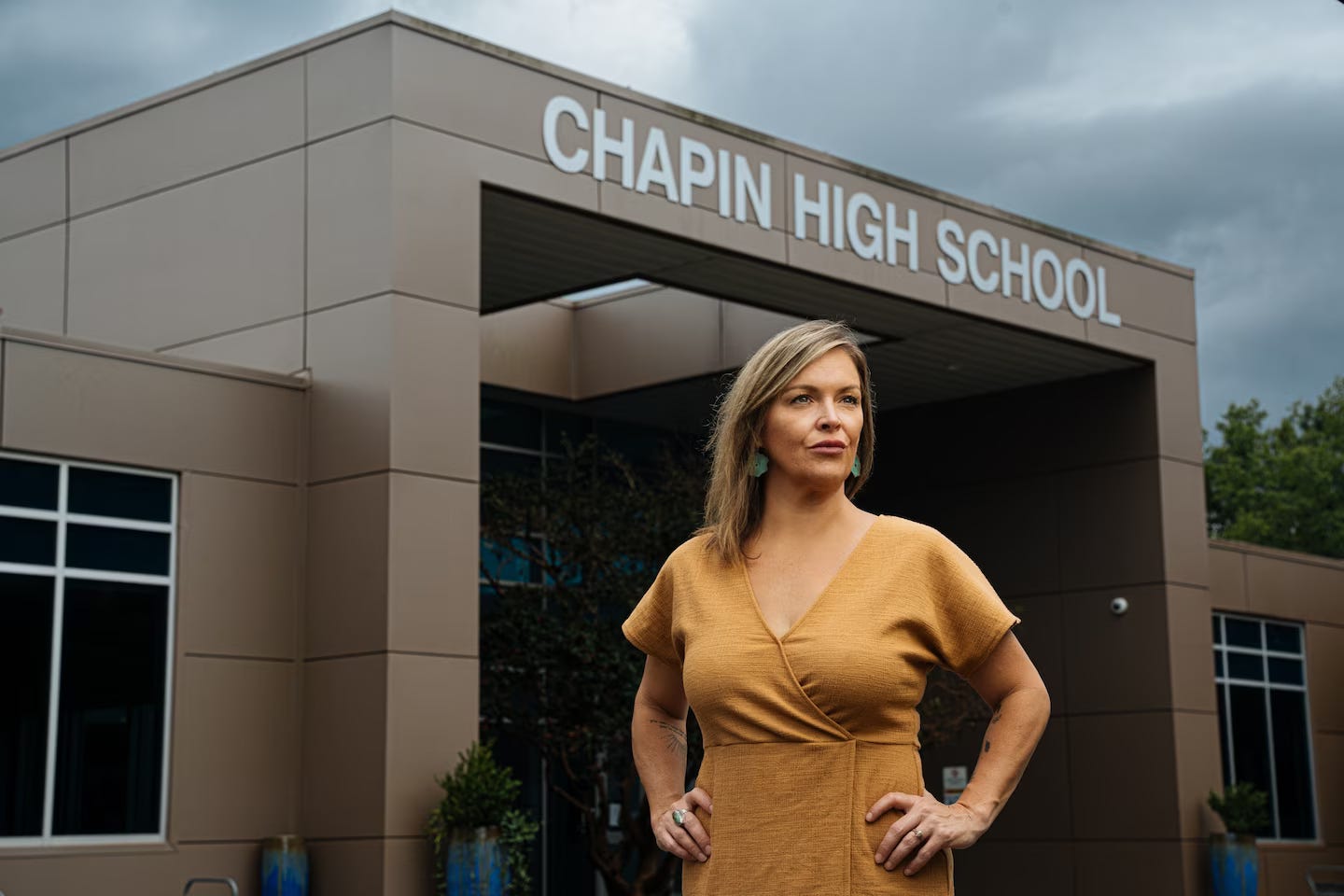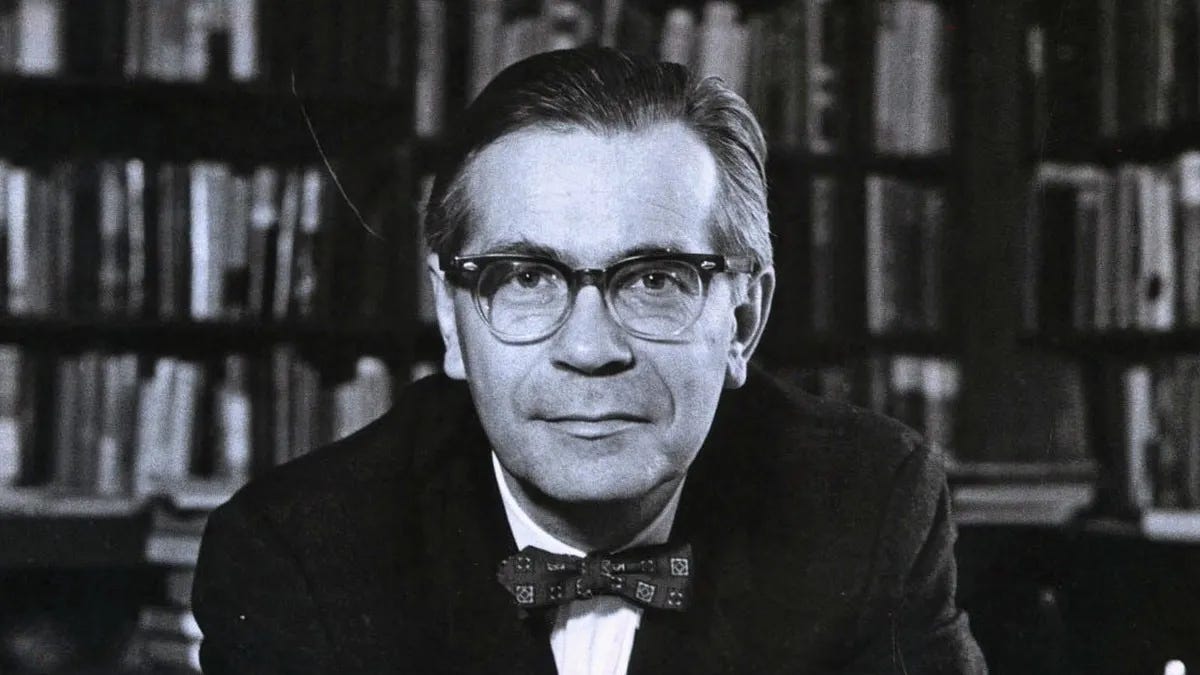From elementary school up through college, schools have become hotbeds of political ferment. Right-wingers condemn, cancel or fire teachers who discuss such things as LGBTQ rights and race relations. The former seems to be anathema to evangelicals apparently unaware it’s 2023, while the latter falls into a weird area where whites seem oblivious to the way Black people have been treated and would rather ignore history.
An exceptional illustration of this trend appears in The Washington Post in “Her students reported her for a lesson on race. Can she trust them again?” The piece tells of a white teacher in South Carolina, Mary Wood, whose reading assignments included Ta-Nehisi Coates’s “Between the World and Me,” prompting two students in her all-white Advanced Placement English Language and Composition class to report her to the school board for teaching about race.
As the Post recounted: “The students wrote in emails that the book — and accompanying videos that Wood, 47, played about systemic racism — made them ashamed to be white, violating a South Carolina proviso that forbids teachers from making students ‘feel discomfort, guilt, anguish, or any other form of psychological distress’ on account of their race.”
So, in other words, if studying history and literature makes one feel uncomfortable, it’s better simply to not study such subjects. Better to remain ignorant and cozy, according to state legislators. One can only assume they are happily both.
Of course, versions of this tale are playing out all across the country. Teachers are being muzzled or censoring themselves in fear. Libraries are unshelving books that might make some readers squirm. Bans on books in schools are proliferating.
On the university level, right-wingers are finding new tools to prevent discomfiting history or viewpoints to be shared with students. Legislation all across the country would restrict academic freedom, with more than 50 bills popping up in 23 states, as of a midyear count. “The bills are being drafted in right-wing think tanks funded by dark money,” Irene Mulvey, president of the American Association of University Professors (AAUP) told Vox. “It’s a well-funded, well-orchestrated, decades-long campaign. It’s not just springing up out of nowhere since the language in the bills is very similar.”
It's an extraordinary attempt whose end can only be to keep the next generation in the dark about their history, blocking them from hearing opinions and points of view that the rightists find unsettling. One wonders if whole sections of the country will be populated by ignoramuses while people in other areas manage to learn things the others simply won’t know.
During one of my last semesters teaching at the University of Nebraska-Lincoln, I was privileged to co-teach a class in which students investigated the racial and ethnic coverage of the Omaha World-Herald over the decades, going back to the late 1800s. The students looked into lynchings, a bus boycott, the treatment of native Americans and such immigrant groups as Greeks, among other things. As they talked with knowledgeable folks who assessed the paper’s work, the students produced exceptional material, which you can find here.
If rightists and white supremacists had their way, I’m sure, such a class would never have taken place. Indeed, students told me they were stunned that almost none of their coursework in college or in high school dealt with the topics they probed. Students of various backgrounds who had grown up in Nebraska were ignorant of their own state’s history and felt cheated for this lack of education. The course was, to them, eye-opening, as it was to me.
In a sense, today’s attempts to stifle teachers and suppress knowledge are repetitions of history. Book-banning, of course, has a long history in the United States, as does placing restrictions on teachers. Indeed, at my private high school in New Jersey there was considerable tension in the late 1960s and early 1970s between old-guard teachers (some of whom were active in the John Birch Society) and young folks formed by opposition to the Vietnam War and the cultural explosions and political unrest of that era. The oldsters loathed the newcomers with their new-fangled notions and rebellious spirits.
We as students were better off for the variety of viewpoints we heard. In fact, I am thankful — oddly perhaps — to have had an American History teacher who led a John Birch Society chapter in New Jersey because his conspiratorial and paranoid views of the world gave me great insights into the mental processes of Donald Trump and his ilk today. I’m just glad I was able to understand even then, thanks to some helpful academics outside of my school, about how bizarre but commonplace such attitudes were. Those academics turned me on to the works of the brilliant Richard Hofstadter.
I fear, however that in public schools across the country knowledgeable and rebellious teachers will be driven out. As a result, legions of ill-served students will remain as ignorant as their parents and their legislators probably are. Will democracy and society be well-served by such willful blindness? How could they be?






